I started writing this piece as a memory of living through the heady feminist years of the 20th century and how it affected my life. Then Sarah Everard died, and it felt as if nothing had been achieved to change a world of male domination and violence.
But change does happen, even if slowly and unsteadily, and awareness grows. We have to believe that.
My first contact with feminism was in the 70s when my then-boyfriend gave me The Female Eunuch by Germaine Greer, which I read with amazement at her imagination and sheer vitality. Germaine was a forceful and radical young writer at that time, releasing women's energy, conjuring up different ways of living in loose community groups, challenging couples and families' norms.
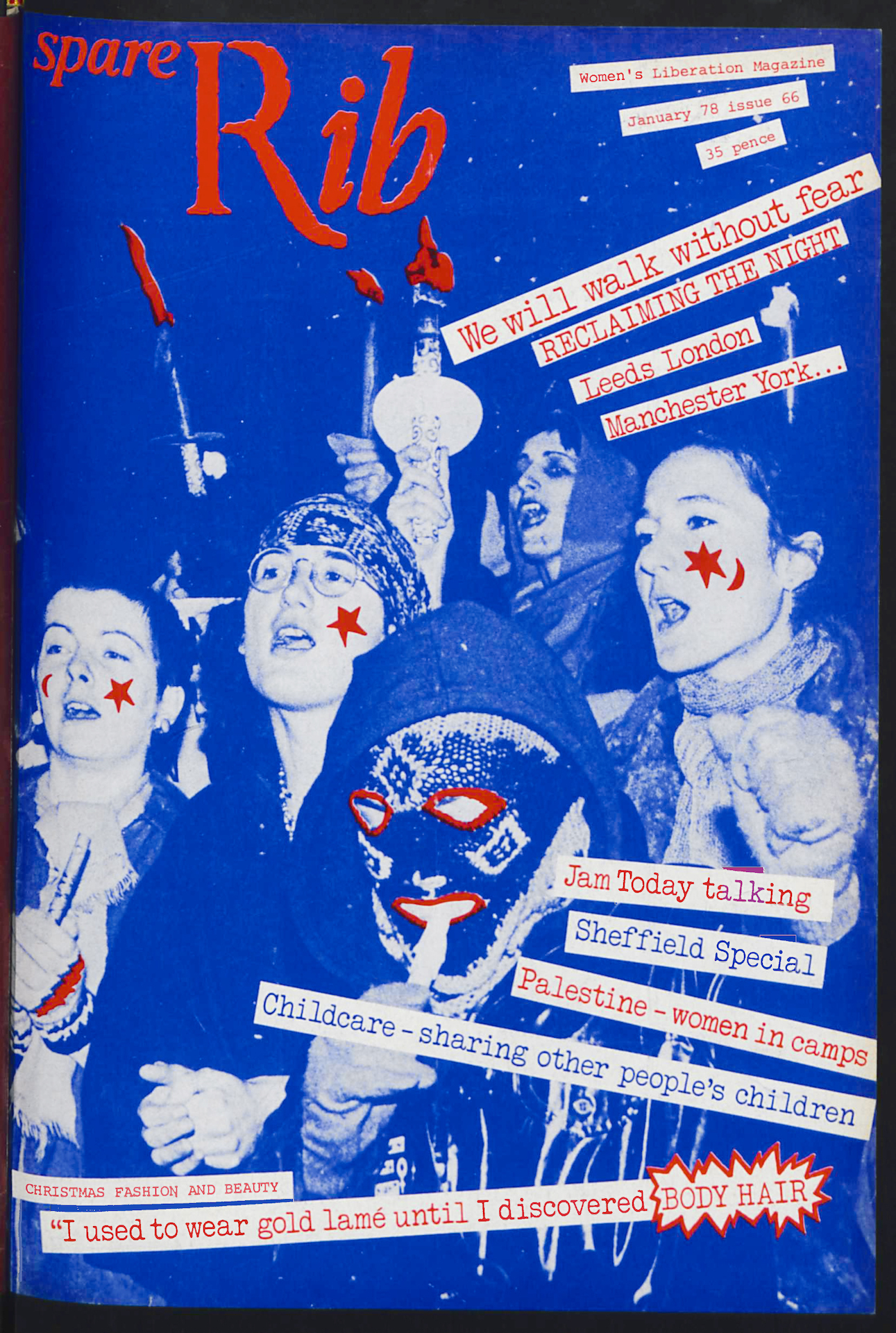 The British Library
The British Library
After this, I got reading and thinking – Simone de Beauvoir, Marilyn French, Gloria Steinem, Spare Rib. Just as today, my daughter reads Bernardine Evaristo and Nimko Ali.
The movement was on fire in the 70s (as anybody who watched Mrs America on TV will know). Full of passion, determination, disagreement, sisterhood. We joined 'consciousness-raising' groups to discuss our experience of life with/without men. The separatist faction worked on us to abandon all contact with the male species. 'You cannot change men; you have to leave them' – a pessimistic view that resonates again this March.
We did practical things too – supported Women's Refuges, ran feminist book banks, and of course, we went to Greenham Common to protest against the American cruise missiles, supported by 'new men' who made sandwiches and looked after kids.
Some men (and women) laughed at the bra-burning, dungarees, hairy armpits, sandals and the absence of makeup. Some guys were rattled and formed their own consciousness-raising groups discussing male identity, insecurities and tree-hugging. But the arguments were gradually changing perceptions – though institutions struggled to offer equal pay (come on, BBC) and individuals failed to change behaviour, now caught in the spotlight of the #metoo movement.
Flashback to the sixties: in lockdown, I've been watching Mad Men, the American series about advertising c.1960, with full-on sexist attitudes and pretty limited horizons for women. It seems extraordinary that so much change was in the air just ten years later.
Fast forward to the eighties: and the arrival of Margaret Thatcher.
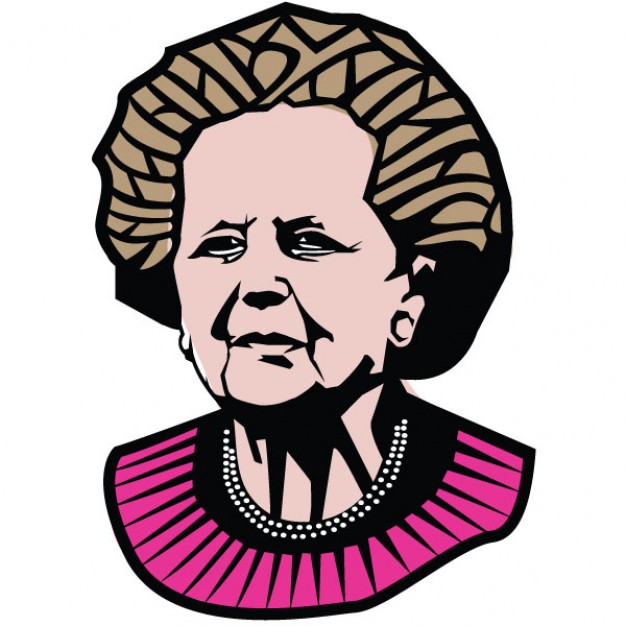 www.freepik.comAn icon for men and women. A woman who broke glass ceilings of class and gender to become the first female British Prime Minister. Not kind to other women, nor interested in the inequality and poverty that so often affects women most harshly. But there is no question that her reign changed what was possible and showed that a woman could run a country. Though many women, including my mum (born a feminist in 1916), hated her.
www.freepik.comAn icon for men and women. A woman who broke glass ceilings of class and gender to become the first female British Prime Minister. Not kind to other women, nor interested in the inequality and poverty that so often affects women most harshly. But there is no question that her reign changed what was possible and showed that a woman could run a country. Though many women, including my mum (born a feminist in 1916), hated her.
I reckon the political fight against Thatcherism and the new awareness of HIV/Aids and the gay community (more lockdown TV – It's A Sin conjures that time brilliantly) both served to shift our focus from feminist action to wider concerns during the 80s.
Then the 90s brought the 'Spice Girls' girl power plus 'Blair's Babes', celebrated as images of women making their mark. Maybe not as powerful as they looked, but the norms were changing, feminism was embracing fashion, and, for professional women, opportunities were opening.
The new millennium brought both options and questions. Is feminism still relevant? What is post-feminism? Caitlin Moran's book How to be a woman provides some bold and funny answers for a new age - based on lived experience rather than one political position, but essentially the belief that feminism equals equality. If a man can do this, then so can you.
Much of my working life has been in the arts and with young people. I'm sure this colours my personal experience of opportunity, freedom and usually of optimism. I have been lucky to work with many influential women, and I believe women often make decisions in more collaborative ways.
On International Women's Day, Ozlem Turici, co-founder of BioNTech, argued that the gender balance in their organisation had been a factor in their speed in being the first to develop a Covid-19 vaccine.
I absolutely share in the call for men to be our allies – and I know many who are, and others who could be, given our invitation and encouragement. I still don't feel separatist despite the setbacks.
Let's draw hope from the past fifty years while determining that each generation will create another step in female power and equality.

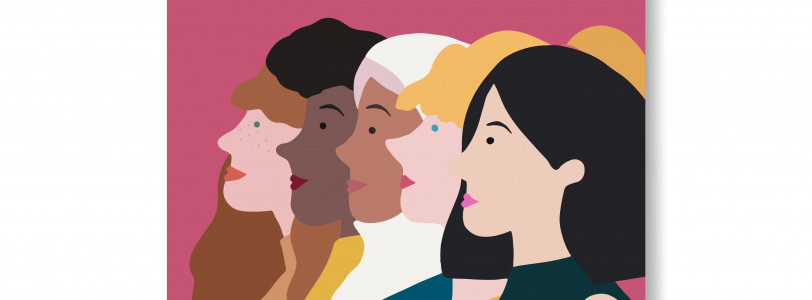
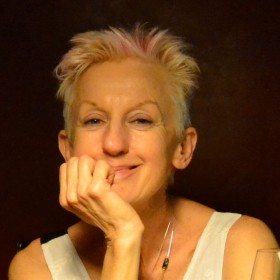
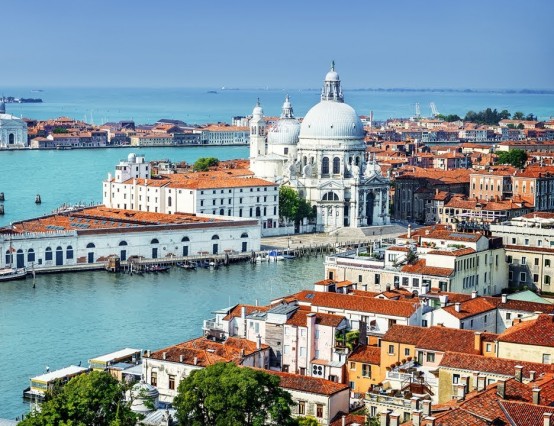
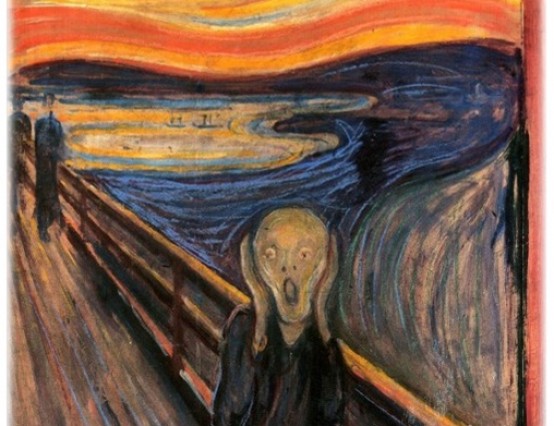



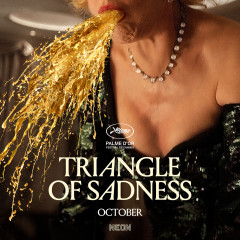
Really interesting article, a fantastic overview of how far we've progressed!